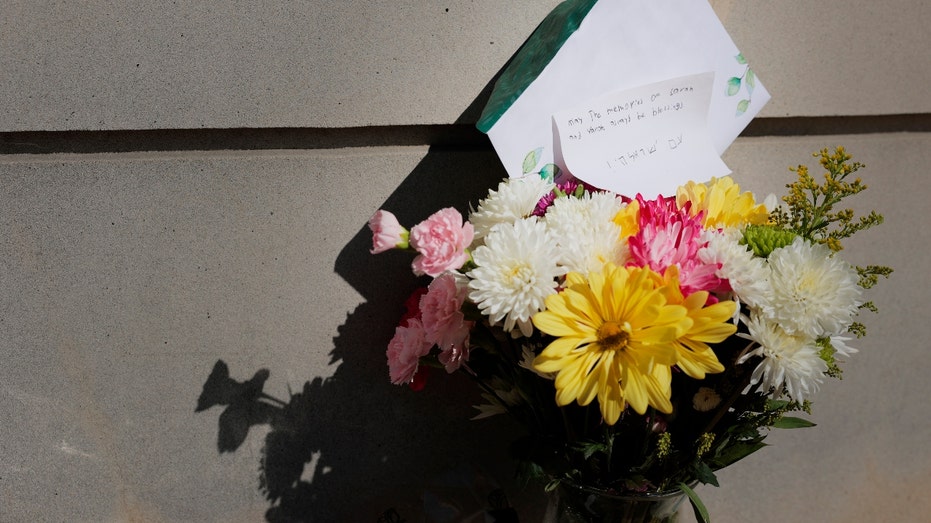Expert Warns Social Media Support for Accused Killers Luigi Mangione and Elias Rodriguez Signals 'Exceptionally Bad Sign'
Experts raise alarm over social media support for high-profile murder suspects Elias Rodriguez and Rodney Hinton Jr., exposing growing societal divisions.

Social media platforms are witnessing a surge in online support for several high-profile accused killers, sparking widespread concern among experts and observers. The cases of Elias Rodriguez, Rodney Hinton Jr., and Luigi Mangione have drawn particular attention, with users rallying behind the suspects in forums and social spaces, often along political or ideological divides.
According to Nicholas Creel, an ethics professor at Georgia College and State University, this emerging trend signals deeper societal issues. "That people who commit murder are receiving any meaningful amount of public support, seemingly because the victims are seen by the murder’s supporters as belonging to the political opposition, is an exceptionally bad sign for our society," Creel said in a recent interview. He warned that such developments threaten the foundational values needed for democracy, such as the peaceful resolution of differences, and could usher in a wider breakdown in the rule of law.
Elias Rodriguez, 31, of Chicago, currently stands accused of shooting and killing Yaron Lischinsky and Sarah Milgrim—an engaged couple employed by the Israeli Embassy—outside the Capital Jewish Museum in Washington, D.C. The killing occurred on Wednesday evening and shocked both local and international communities.
In New York and Pennsylvania, 26-year-old Luigi Mangione faces first-degree murder charges, including counts of terrorism and stalking, after allegedly killing UnitedHealthcare CEO Brian Thompson during a brazen attack on a Manhattan sidewalk in December 2024. Meanwhile, Rodney Hinton Jr., 38, is charged with aggravated murder in Ohio after reportedly striking and killing retired Hamilton County Deputy Larry Henderson with his vehicle. The incident occurred just one day after Cincinnati police fatally shot Hinton's son during a confrontation.
Experts note that these cases are not isolated incidents. Online supporters also voiced approval for Thomas Crooks, a 20-year-old who attempted to assassinate then-presidential candidate Donald Trump at a campaign rally before being killed by law enforcement.
Creel commented on the broader implications, stating, "Now that we're seeing these other murders get the same kind of attention [as Brian Thompson's], it does seem to be a pattern that is fairly new in terms of the reaction to this. When you get this larger and larger portion of the population that's willing to … sanction that sort of behavior, you become very much ripe for a sort of authoritarian takeover, the kind that can start to lead to mass atrocities." He emphasized that the recent embassy killings mark a notably destructive development.
Underlying this shift is a phenomenon explored by Creel and his colleague, Ania Rynarzewska, an assistant professor of marketing. Their research suggests that people feel more empowered to express radical opinions when they see similar views gaining traction online. "Our research has found so far that before [Thompson's murder], people felt powerless. ... After people started voicing their opinion on social media … they felt more empowered to speak. They felt like their voices were in the majority, so they no longer have to suppress it," Rynarzewska explained.
Authorities allege political or personal motives in each case. In Rodriguez’s instance, law enforcement reports indicate he was seen pacing outside the museum before approaching his victims and opening fire. Once detained by security staff, Rodriguez reportedly shouted, "Free, free Palestine!" Similarly, Mangione expressed defiant statements after his arrest. "It's completely out of touch and an insult to the intelligence of the American people and its lived experience," he said while being escorted outside a courthouse.
Paul Mauro, a former NYPD inspector, characterized Rodriguez, Mangione, Hinton, and Crooks as coming from "a very specialized class of violent losers." He pointed out that these individuals, despite being young adults, seemed to cling to adolescent beliefs and acted on those ideologies in violent ways. Mauro also raised concerns about possible influences from external sources, urging authorities to examine university funding for links to foreign adversaries.
Both Creel and Rynarzewska observed that young people lacking strong social connections are especially vulnerable to adopting radical worldviews through online communities. According to Creel, “When you're young, you're developing your sense of the world. ... When you see these far more fringe-type positions of people supporting violence – murder, even – that becomes one of those things that then you think is normalized.”
Both Mangione and Hinton have pleaded not guilty to all charges. The controversy continues to fuel debate about the role of the internet in shaping public discourse—and the potential risks when support for accused murderers transcends digital boundaries.




